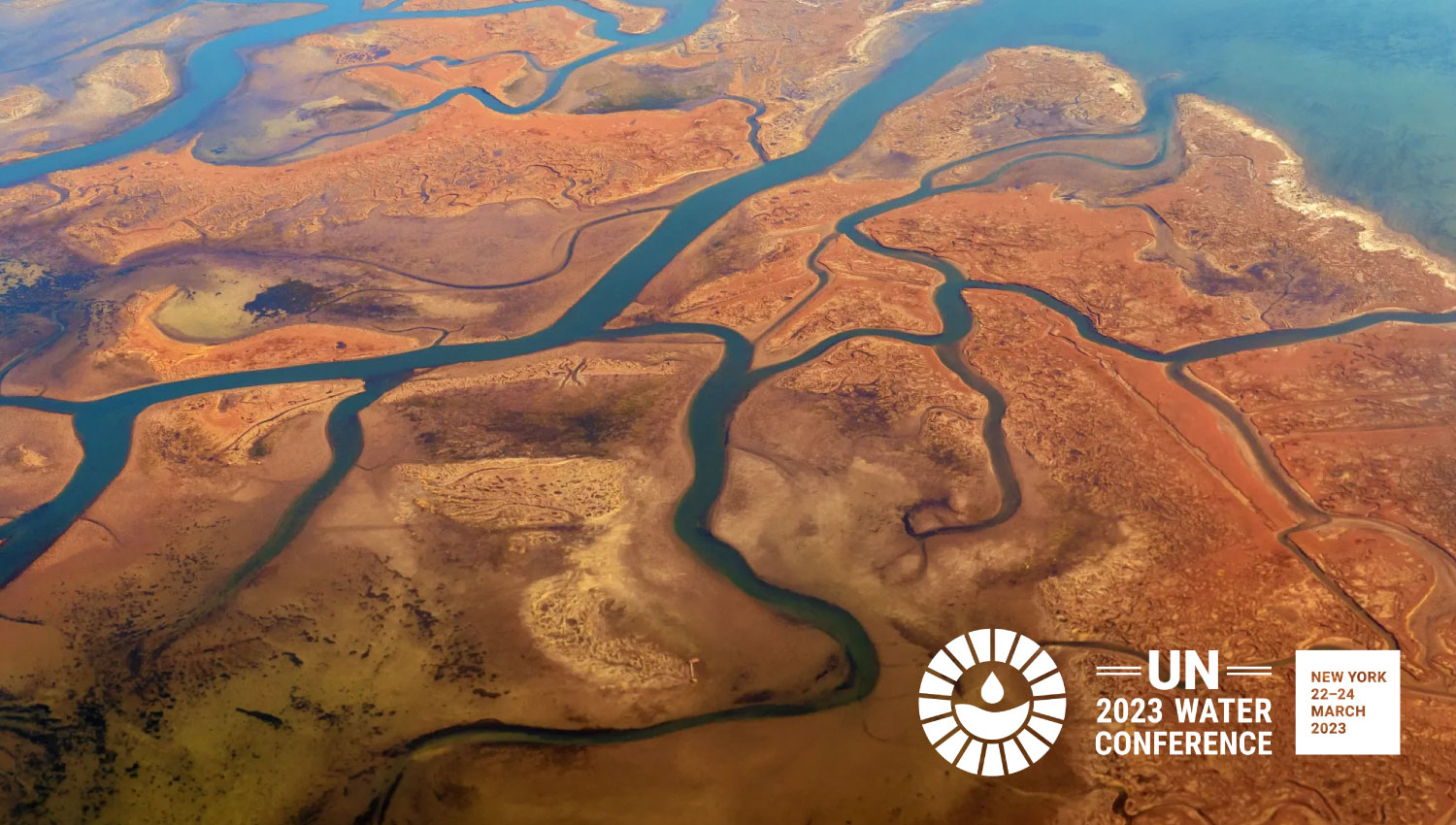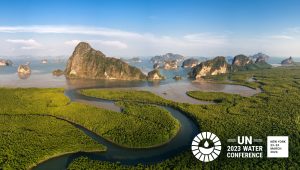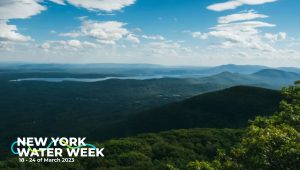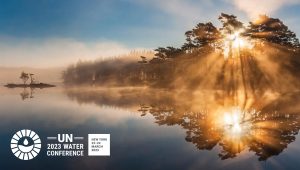Source-to-sea collaboration: A game changer for the whole water cycle
This side event to the UN 2023 Water Conference will explore how source-to-sea management can be used to achieve multiple Sustainable Development Goals. We will learn from case studies worldwide where this approach has been applied in practice, showcasing lessons learned and success stories as well as barriers faced and how these have been overcome.
Source-to-sea management is a game changing approach across sectoral and administrative boundaries, aiming to balance social, environmental, and economic priorities by recognizing the linkages between land, freshwater, coastal and marine ecosystems, and bringing together upstream and downstream stakeholders to ensure healthy ecosystems and resilient societies, towards sustainable and lasting solutions.
This holistic approach is key to achieving SDG 6 and, through its strong interlinkages, source-to-sea management can contribute to the achievement also of SDG 14 on seas and ocean, SDG13 on climate action and SDG 15 on ecosystems and biodiversity on land.
In this event, we share concrete examples from various cases worldwide on how source-to-sea management has been applied in practice, showcasing lessons learned, success stories, barriers faced and how these have been overcome.
The interlinkages between Integrated Water Resources Management (IWRM), Integrated Coastal Zone Management (ICZM), Marine Protected Areas (MPAs), wetlands’ protection, and Maritime Spatial Planning (MSP) will also be highlighted as elements of the integrated source-to-sea management, including sharing of experiences and best practices from the regional level. Additionally, the UN Decade of Ocean Science and the endorsed Healthy Rivers, Healthy Ocean Programme can provide a framework for source-to-sea action.
More events on Source to Sea events at the UN 2023 Water Conference
Organizers
Led by the Government of Greece and co-organized by the Government of Costa Rica, Action Platform for Source-to-Sea Management, Global Water Partnership, Stockholm International Water Institute, Amazon Cooperation Treaty Organisation, DHI, Global Environment Facility, Japan Water Forum, NIREAS-IWRC / University of Cyprus, Ocean Sewage Alliance, Organisation for Economic Co-operation and Development, Plymouth Marine Laboratories, Swedish Agency of Marine and Water Management, United Nations Development Programme, United Nations Economic Commission for Europe, United Nations Environment Programme, United Nations Environment Programme – Mediterranean Action Plan, Water Science Policy, Wetland International
Contact
Ruth Mathews, SIWI, ruth.mathews@siwi.org





